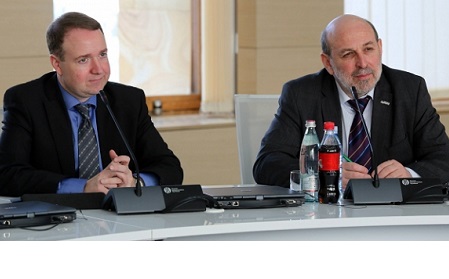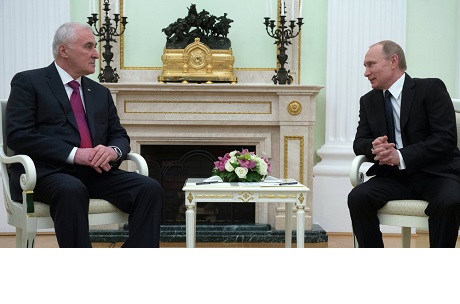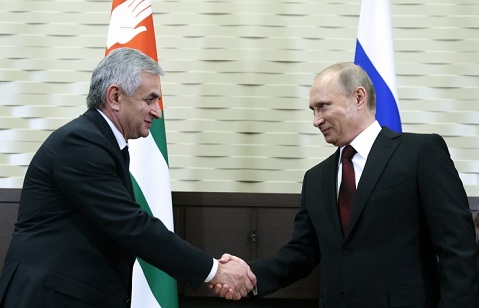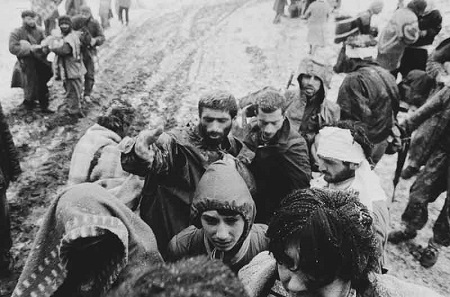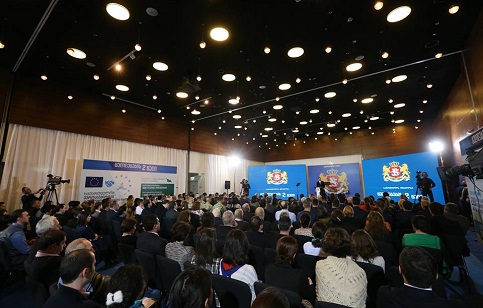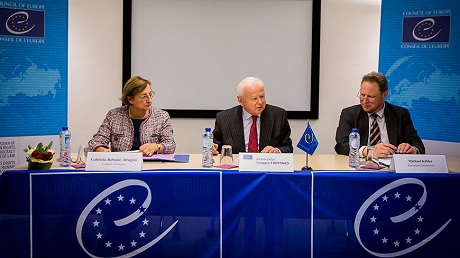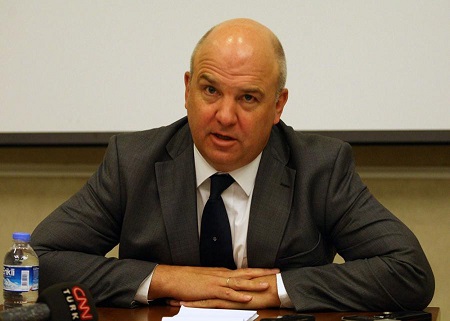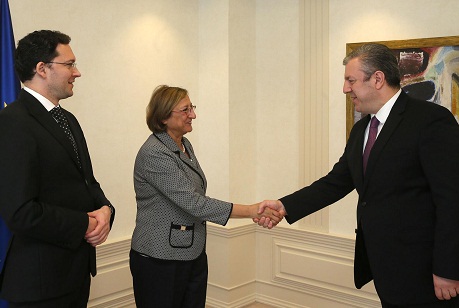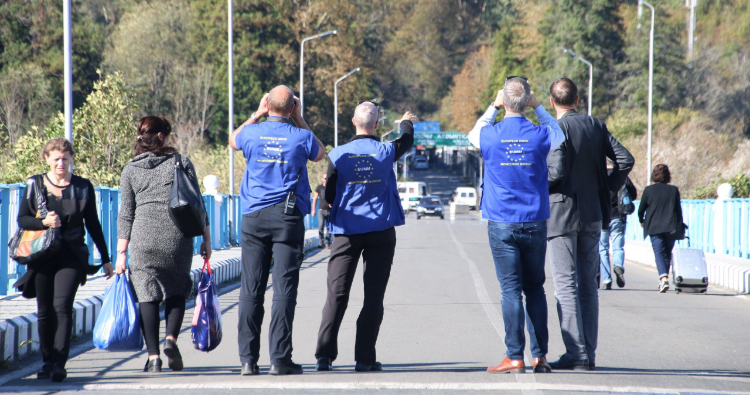CoE urges Russia to grant human rights monitors access to Georgia’s occupied regions
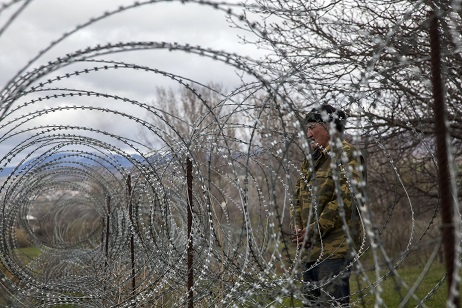
The Council of Europe (CoE) has called on Russia to facilitate and grant unrestricted access to CoE bodies to the areas affected by the conflict in Georgia, in a document adopted yesterday.
This was the first time a document adopted by an international organisation has called on Russia to give unhindered access to Georgia's occupied territories to monitor the human rights situation on the ground.
The CoE adopted this decision yesterday when the organisation and its member states expressed their "unequivocal support” for Georgia’s sovereignty and territorial integrity within its internationally recognised borders.
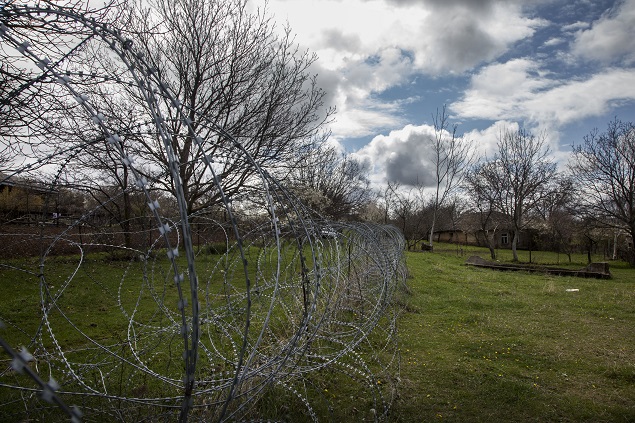
Russian border guards installed barbed wire fences and created other artificial obstacles for local residents in several Georgian villages. Photo by Nino Alavidze/Agenda.ge.
The CoE's Committee of Ministers Deputies, an international organisation promoting cooperation between European countries, discussed the conflict in Georgia and the Deputies took the following actions:
- Stated the so-called treaties on alliance between Russia and the Georgian regions of Abkhazia and Tskhinvali (South Ossetia) were detrimental to the ongoing efforts to strengthen security and stability in the region, clearly violated Georgia's sovereignty and territorial integrity and had no legal validity; they contradicted principles of international law and the Russian Federation’s international commitments, including under the 12 August 2008 Ceasefire Agreement and its Implementing Measures of 8 September 2008;
- Expressed serious concern at the continued installation of barbed wire fences and other artificial obstacles by the Russian Federation violating, inter alia, human rights and fundamental freedoms, including but not limited to the right to free movement, the right to property, the right to family life and the right to education in the native language of those residing within Abkhazia and Tskhinvali region and in the adjacent areas, as well as the fundamental right of internally displaced persons (lDPs) to a safe and dignified return;
- Encouraged the Government of Georgia to continue strengthening its efforts to reach out to the population of Abkhazia and Tskhinvali region by enhancing humanitarian activities; called on the parties concerned to further promote people-to-people contacts and reaffirmed their support for confidence-building measures;
- Welcomed the intention of the CoE Commissioner for Human Rights to visit Abkhazia and the administrative boundary line adjacent to the Tskhinvali region by the end of the year to monitor the human rights situation in the areas affected by the conflict, and looked forward to his reports on the situation;
- Underlined the importance of the CoE monitoring bodies making further efforts to gain access to Abkhazia and the Tskhinvali region and that the visits to these Georgian regions should, in general, be an integral part of the country visits to Georgia in order to reflect the broader human rights situation in these regions;
- Called on Russia to facilitate and grant unrestricted access to the CoE bodies, as well as the Secretariat delegation, when preparing the Secretary General’s consolidated reports, to the areas affected by the conflict in Georgia; invited the Secretary General to engage in a dialogue with Russia and Georgia to this end; and
- Encouraged the Secretary General to continue the submission of his biannual consolidated reports to the Committee of Ministers covering, inter alia, the question of human rights protection in the areas affected by the conflict in Georgia.
The CoE adopted this document by means of vote. Only a Russian representative voted against the decision.
Meanwhile Tbilisi welcomed the CoE decision and said it was "unique” as it was the first time such assessment of the so-called "treaties" had been given in a decision of an international organisation.
 Tweet
Tweet  Share
Share
